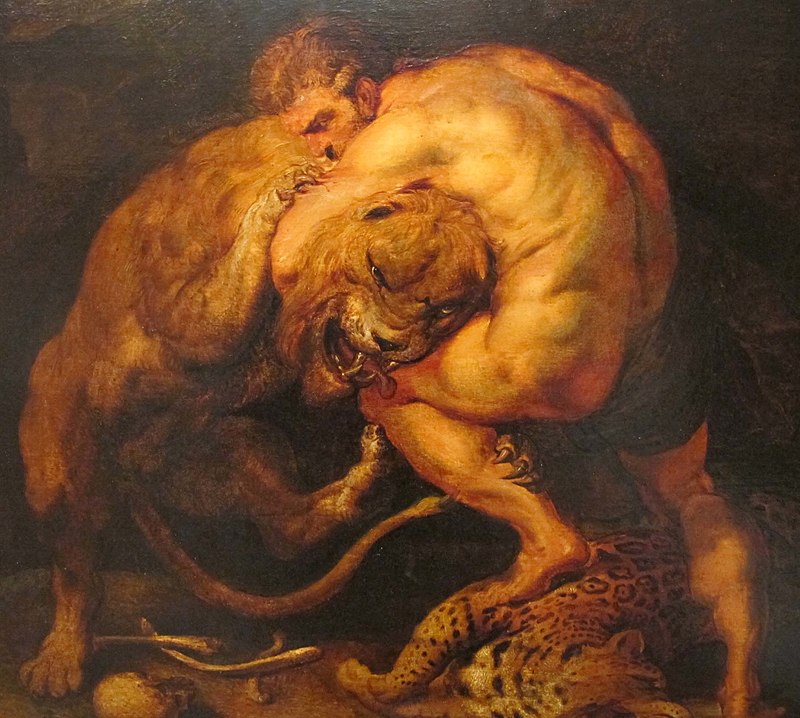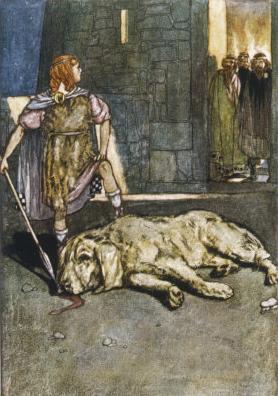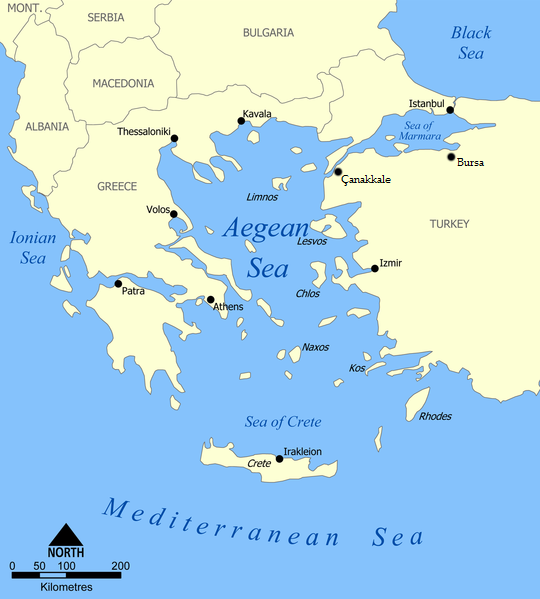Week Seventeen
Death of a Salesman is a 1949 play written by American playwright Arthur Miller. It was the recipient of the 1949 Pulitzer Prize for Drama and Tony Award for Best Play. The play premiered on Broadway in February 1949, running for 742 performances, and has been revived on Broadway four times, winning three Tony Awards for Best Revival. It is widely considered to be one of the greatest plays of the 20th century.
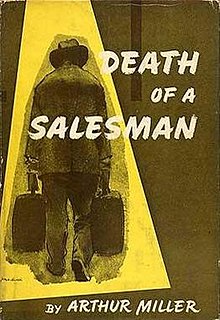
Catch Me If You Can is a 2002 American biographical crime film, based on the life of Frank Abagnale, who, before his 19th birthday, successfully performed cons worth millions of dollars by posing as a Pan American World Airways pilot, a Georgia doctor, and a Louisiana parish prosecutor. His primary crime was check fraud; he became so experienced that the FBI eventually turned to him for help in catching other check forgers. The film was directed by Steven Spielberg and stars Leonardo DiCaprio and Tom Hanks, with Christopher Walken, Martin Sheen, Nathalie Baye and Amy Adams in supporting roles.
Development for the film started in 1980 but did not progress until 1997 when the film rights to Abagnale's book were sold to Spielberg's DreamWorks. David Fincher, Gore Verbinski, Lasse Hallström, Miloš Forman, and Cameron Crowe had all been possible candidates for director before Spielberg decided to direct. Filming took place from February to May 2002. The film was a financial and critical success, and the real Abagnale reacted positively to it.


CliffsNotes (formerly Cliffs Notes, originally Cliff's Notes and often, erroneously, CliffNotes) are a series of student study guides available primarily in the United States. The guides present and explain literary and other works in pamphlet form or online. Detractors of the study guides claim they let students bypass reading the assigned literature. The company claims to promote the reading of the original work, and does not view the study guides as a substitute for that reading.
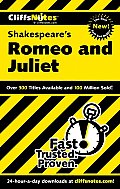
A Psalm of Life
Related Poem Content Details
What The Heart Of The Young Man Said To The Psalmist.
Tell me not, in mournful numbers,
Life is but an empty dream!
For the soul is dead that slumbers,
And things are not what they seem.
Life is real! Life is earnest!
And the grave is not its goal;
Dust thou art, to dust returnest,
Was not spoken of the soul.
Not enjoyment, and not sorrow,
Is our destined end or way;
But to act, that each to-morrow
Find us farther than to-day.
Art is long, and Time is fleeting,
And our hearts, though stout and brave,
Still, like muffled drums, are beating
Funeral marches to the grave.
In the world’s broad field of battle,
In the bivouac of Life,
Be not like dumb, driven cattle!
Be a hero in the strife!
Trust no Future, howe’er pleasant!
Let the dead Past bury its dead!
Act,— act in the living Present!
Heart within, and God o’erhead!
Lives of great men all remind us
We can make our lives sublime,
And, departing, leave behind us
Footprints on the sands of time;
Footprints, that perhaps another,
Sailing o’er life’s solemn main,
A forlorn and shipwrecked brother,
Seeing, shall take heart again.
Let us, then, be up and doing,
With a heart for any fate;
Still achieving, still pursuing,
Learn to labor and to wait.
SparkNotes, originally part of a website called The Spark, is a company started by Harvard students Sam Yagan, Max Krohn,Chris Coyne, and Eli Bolotin in 1999 that originally provided study guides for literature, poetry, history, film, and philosophy. Later, SparkNotes expanded to provide study guides for a number of other subjects, including biology, chemistry, economics,health, math, physics, and sociology. SparkNotes does not charge users, but instead earns revenue from advertising.
Barnes & Noble acquired SparkNotes.com in 2001 for approximately $3.5 million.

"Rip Van Winkle" is a short story by American author Washington Irving published in 1819. Written while Irving was living in Birmingham, England, it was part of a collection entitled The Sketch Book of Geoffrey Crayon, Gent. Although the story is set in New York's Catskill Mountains, Irving later admitted, "When I wrote the story, I had never been on the Catskills." The story's protagonist, also called Rip Van Winkle, is a Dutch-American villager living around the time of the American Revolutionary War.

Mockingjay is a 2010 science fiction novel by American author Suzanne Collins. It is the last installment of The Hunger Games, following 2008's The Hunger Games and 2009's Catching Fire. The book continues the story of Katniss Everdeen, who agrees to unify the districts of Panem in a rebellion against the tyrannical Capitol. The hardcover and audiobook editions of Mockingjay were published by Scholastic on August 24, 2010, six days after the ebook edition went on sale. The book sold 450,000 copies in the first week of release, exceeding the publisher's expectations. It received a generally positive reaction from critics.
The novel was adapted into two films, with The Hunger Games: Mockingjay – Part 1 released in November 2014 and The Hunger Games: Mockingjay – Part 2 released a year later.

Divergent is a 2014 American science fiction action film directed by Neil Burger, based on the novel of the same name by Veronica Roth. The film is the first installment in The Divergent Series and was produced by Lucy Fisher, Pouya Shabazian, and Douglas Wick, with a screenplay by Evan Daugherty and Vanessa Taylor. It stars Shailene Woodley, Theo James, Ashley Judd, Jai Courtney, Ray Stevenson, Zoë Kravitz, Miles Teller, Tony Goldwyn, Ansel Elgort, Maggie Q and Kate Winslet. The story takes place in a dystopian and post-apocalyptic Chicago[7] where people are divided into distinct factions based on human virtues. Beatrice Prior is warned that she is Divergent and thus will never fit into any one of the factions. She soon learns that a sinister plot is brewing in her seemingly perfect society.

The Giver is a 1993 American young-adult utopian novel by Lois Lowry. It is set in a society which at first appears to be a utopian society but is later revealed to be a dystopian one as the story progresses. The novel follows an 11-year-old boy named Jonas. The society has eliminated pain and strife by converting to "Sameness," a plan that has also eradicated emotional depth from their lives. Jonas is selected to inherit the position of Receiver of Memory, the person who stores all the past memories of the time before Sameness, as there may be times where one must draw upon the wisdom gained from history to aid the community's decision making. Jonas struggles with concepts of all the new emotions and things introduced to him: whether they are inherently good, evil, or in between, and whether it is even possible to have one without the other. The Community lacks any color, memory, climate andterrain, all in effort to preserve structure, order, and a true sense of equality beyond personal individuality.


